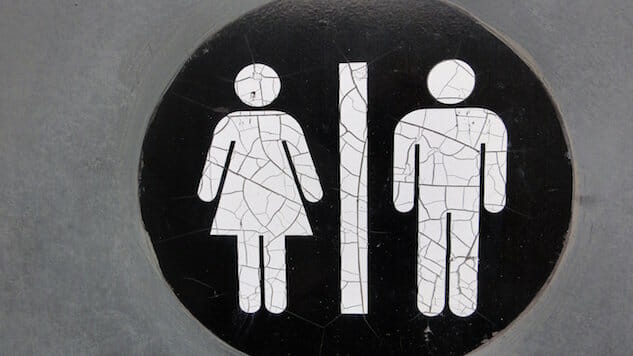The Harmful Health Effects of the Reversed Transgender Bathroom Directive

In 2016, the Obama administration initiated a directive for public schools to allow transgender students to use whichever bathroom corresponds to the gender with which they identify. Last week, President Trump reversed this directive.
The controversial decision has direct health effects—both mental and physical—on transgender students. The American Academy of Pediatrics, a professional membership organization of nearly 70,000 pediatricians, spoke out against the rescinded guidelines.
The organization’s statement statement read: “Policies excluding transgender youth from facilities consistent with their gender identity have detrimental effects on their physical and mental health, safety and well-being.”
-

-

-

-

-

-

-

-

-

-

-

-

-

-

-

-

-

-

-

-

-

-

-

-

-

-

-

-

-

-

-

-

-

-

-

-

-

-

-

-








































